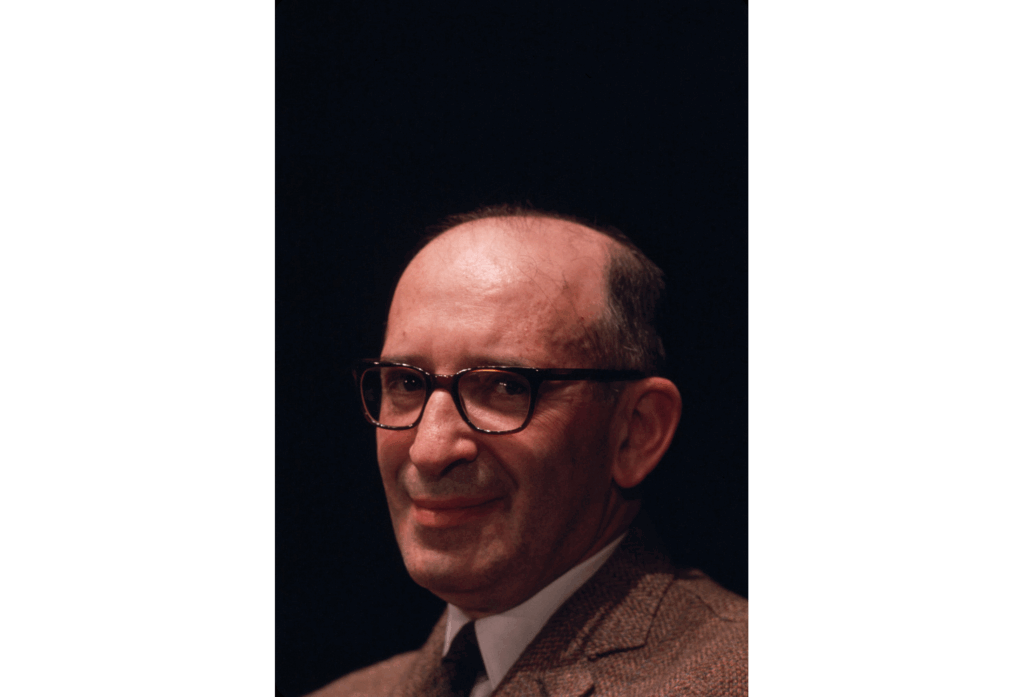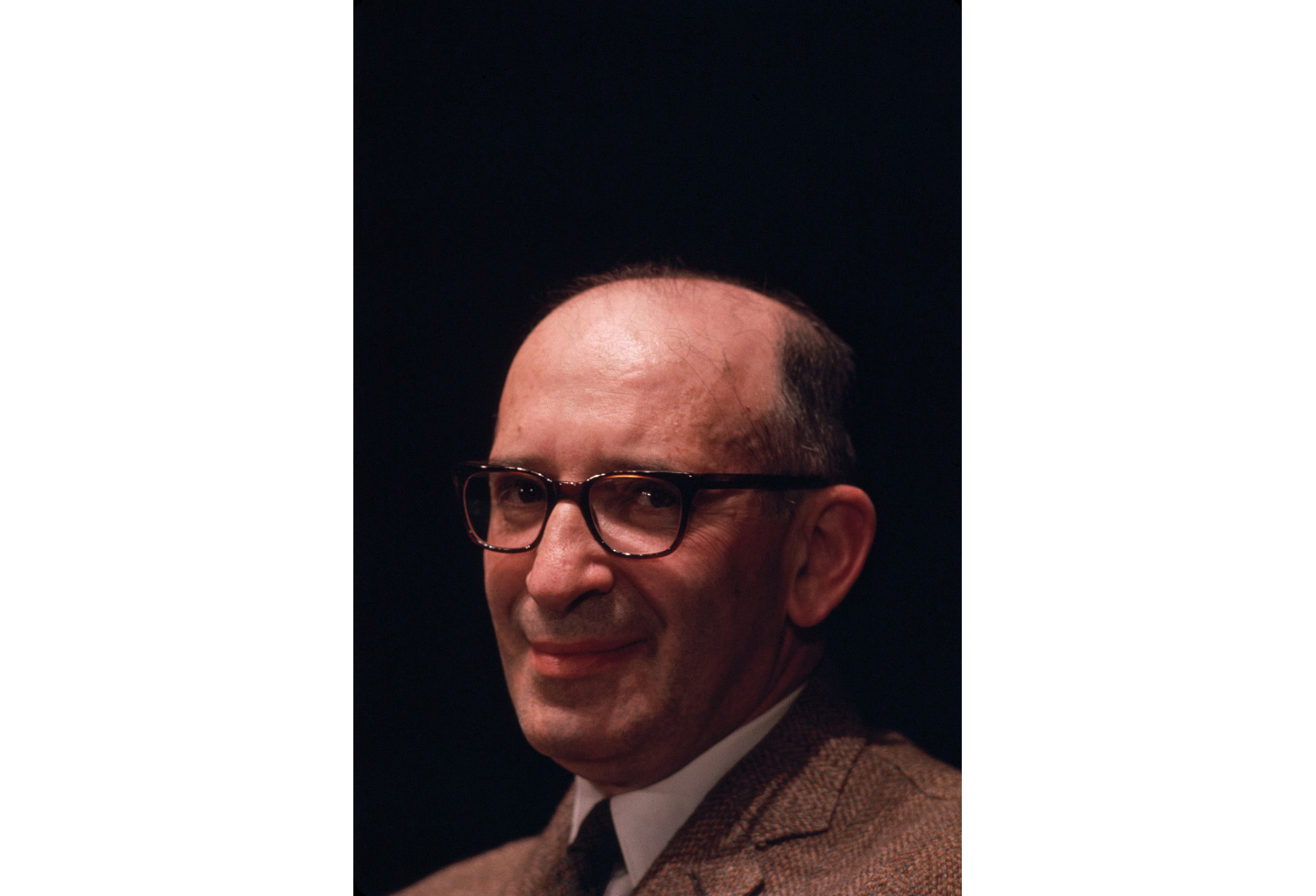
Bernard Malamud: Exploring the Depths of the Human Condition Through Literature
Bernard Malamud, a towering figure in 20th-century American literature, remains a significant voice in exploring the complexities of the human condition. Born in Brooklyn, New York, to Russian Jewish immigrants, Malamud’s work is deeply rooted in the immigrant experience and the struggles of ordinary people. His novels and short stories, often imbued with themes of suffering, redemption, and the search for meaning, continue to resonate with readers today. This article delves into the life, works, and enduring legacy of Bernard Malamud.
Early Life and Influences
Bernard Malamud was born on April 26, 1914, in Brooklyn, New York. His parents, Bertha and Max Malamud, were Jewish immigrants from Russia who ran a small grocery store. This environment, filled with the everyday struggles of immigrant life, profoundly influenced his writing. He often depicted the lives of shopkeepers, tailors, and other working-class individuals in his stories, giving voice to their hopes, fears, and disappointments.
Malamud attended Erasmus Hall High School and later earned a bachelor’s degree from City College of New York in 1936. He worked various jobs, including teaching night school, while pursuing his writing. He also earned a master’s degree from Columbia University in 1942. These early experiences provided him with a deep understanding of the social and economic realities that shaped the lives of many Americans.
Major Works and Themes
Bernard Malamud‘s literary career spanned several decades and produced a body of work that is both critically acclaimed and widely read. His novels and short stories are characterized by their realistic portrayal of human struggles, their exploration of moral dilemmas, and their use of symbolism and allegory.
The Natural (1952)
Malamud’s first novel, *The Natural*, is a compelling story about Roy Hobbs, a talented baseball player whose career is derailed by a mysterious woman and a series of unfortunate events. The novel explores themes of ambition, betrayal, and the corrupting influence of fame. It is considered a classic of American baseball literature, blending realism with elements of myth and legend. [See also: Baseball Literature of the 20th Century]
The Assistant (1957)
*The Assistant* is perhaps Bernard Malamud‘s most celebrated novel. It tells the story of Morris Bober, a Jewish grocer in Brooklyn, and Frank Alpine, an Italian-American drifter who becomes his assistant. The novel explores themes of poverty, morality, and the possibility of redemption. Frank’s complex relationship with Morris and his family forces him to confront his own prejudices and ultimately leads him on a path toward self-discovery. The novel is a powerful exploration of the immigrant experience and the challenges of maintaining one’s values in a harsh and unforgiving world.
A New Life (1961)
*A New Life* departs from Malamud’s usual urban settings, focusing on Seymour Levin, a former alcoholic who takes a teaching position at a college in the Pacific Northwest. The novel explores themes of personal transformation, intellectual freedom, and the challenges of adapting to a new environment. Levin’s struggles to find his place in the academic world and his relationships with his colleagues and students offer a satirical yet poignant commentary on American society.
The Fixer (1966)
*The Fixer*, which won the Pulitzer Prize for Fiction and the National Book Award, is a historical novel based on the Beilis affair, a notorious anti-Semitic incident in Tsarist Russia. The novel tells the story of Yakov Bok, a Jewish handyman who is falsely accused of murder and imprisoned. Through Yakov’s ordeal, Bernard Malamud explores themes of injustice, persecution, and the resilience of the human spirit. The novel is a powerful indictment of anti-Semitism and a testament to the enduring struggle for freedom and dignity. The character of Yakov Bok embodies the enduring human spirit in the face of adversity.
Dubin’s Lives (1979)
*Dubin’s Lives* is a later novel that follows William Dubin, a biographer struggling with writer’s block and a midlife crisis. The novel delves into themes of creativity, aging, and the complexities of human relationships. Dubin’s attempts to understand the lives of his subjects mirror his own search for meaning and purpose in his own life. Bernard Malamud uses Dubin’s journey to explore the challenges of aging and the importance of finding meaning in one’s work.
Short Stories
In addition to his novels, Bernard Malamud was also a master of the short story. His collections, including *The Magic Barrel* (1958) and *Idiots First* (1963), are filled with memorable characters and poignant narratives that explore the human condition. Stories such as “The Magic Barrel,” “The Last Mohican,” and “Idiots First” are considered classics of the genre. They often focus on themes of love, loss, and the search for redemption.
Literary Style and Influences
Bernard Malamud‘s writing style is characterized by its realism, its use of symbolism and allegory, and its deep empathy for his characters. He drew inspiration from a variety of sources, including Yiddish literature, Jewish folklore, and the works of writers such as Isaac Babel, Sholem Aleichem, and Anton Chekhov. He was also influenced by the social and political issues of his time, including the Holocaust, the Civil Rights Movement, and the Cold War.
Malamud’s prose is often spare and direct, yet it is also rich in imagery and emotion. He had a gift for creating memorable characters who are both flawed and sympathetic. His stories often explore the moral dilemmas faced by ordinary people in extraordinary circumstances.
Awards and Recognition
Bernard Malamud received numerous awards and honors throughout his career, including the Pulitzer Prize for Fiction for *The Fixer* in 1967, two National Book Awards for *The Magic Barrel* (1959) and *The Fixer* (1967), and two O. Henry Awards for his short stories. He was also a member of the American Academy of Arts and Letters.
Legacy and Influence
Bernard Malamud‘s work continues to be read and studied around the world. His novels and short stories have been translated into numerous languages and have inspired generations of writers. His exploration of the human condition, his portrayal of the immigrant experience, and his commitment to social justice have made him one of the most important and influential American writers of the 20th century.
Bernard Malamud‘s enduring legacy lies in his ability to capture the complexities of human experience with compassion and insight. His work reminds us of the importance of empathy, understanding, and the search for meaning in a world often filled with suffering and injustice. He provided a voice to the voiceless and offered hope to those who felt lost and forgotten.
The themes explored by Bernard Malamud, such as the struggles of immigrants and the search for identity, are still relevant today. His work serves as a reminder of the importance of understanding and empathy in a world that often feels divided. His stories and novels continue to resonate with readers, prompting reflection on the human condition and the enduring power of hope.
Bernard Malamud‘s impact on American literature is undeniable. He challenged readers to confront difficult questions about morality, justice, and the meaning of life. His works continue to be studied in classrooms and discussed in literary circles, ensuring that his voice will continue to be heard for generations to come. The writing of Bernard Malamud is a testament to the power of literature to illuminate the human experience.
In conclusion, Bernard Malamud was a master storyteller whose work continues to resonate with readers seeking to understand the complexities of the human condition. His exploration of themes such as suffering, redemption, and the search for meaning ensures his place as a significant figure in American literature. His legacy lives on through his timeless novels and short stories, which continue to inspire and challenge readers around the world.
The literary contributions of Bernard Malamud solidify his position as a vital voice in American literature, leaving an indelible mark on how we understand the human experience through storytelling. Bernard Malamud‘s works are essential reading for anyone interested in exploring the depths of the human condition.

